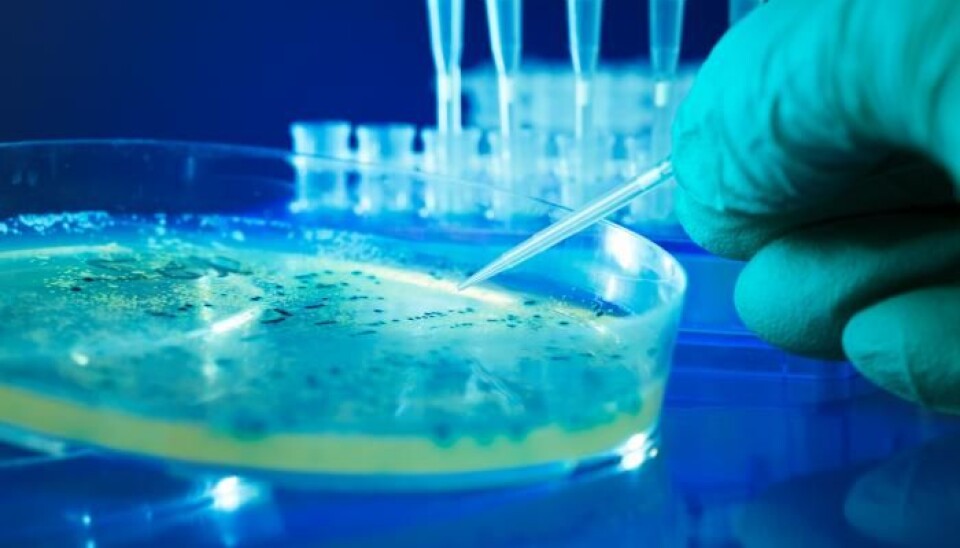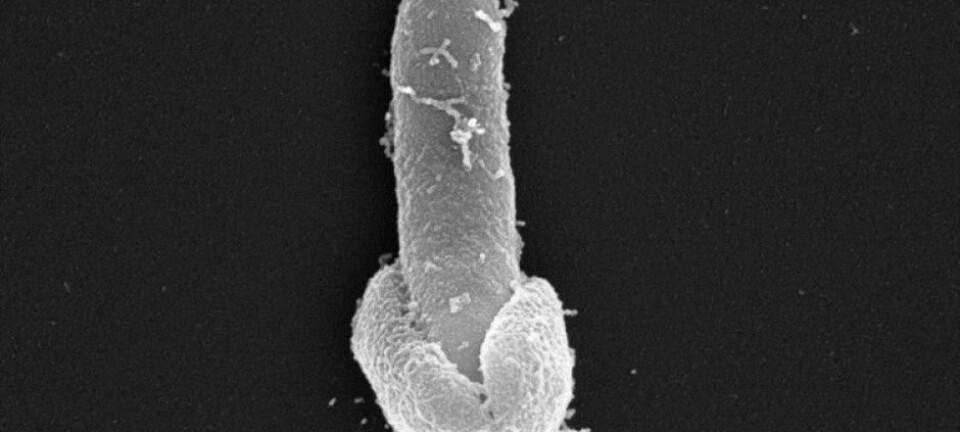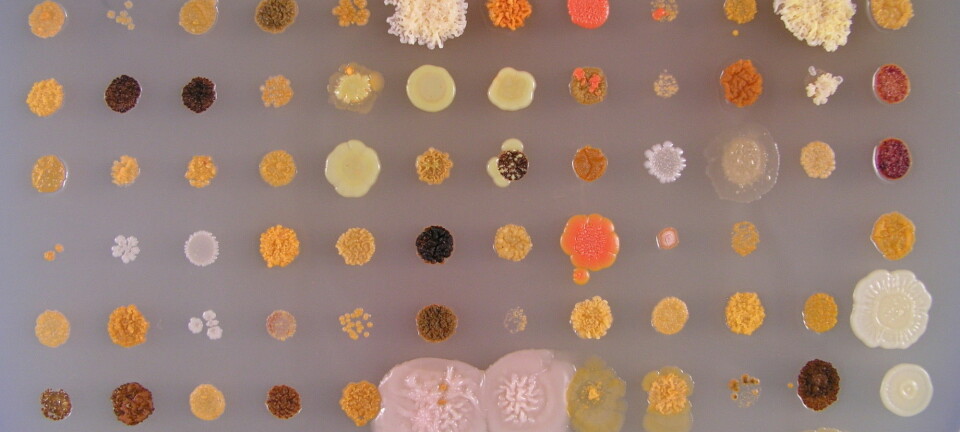
Scientists map bacterial transport proteins
Scientists have discovered a new method to fight against resistant bacteria by blocking their access to vital nutrients.
Scientists have developed a new method that could help in the fight against antibacterial resistance.
“We’re the first to develop a method that can screen billions of bacteria and determine their transport proteins,” says Morten Sommer, a professor at the Center for Biosustainability, Technical University of Denmark (DTU).
Transport proteins, often called transporters, sit in the bacterial membrane where they act as a kind of channel that allows bacteria to accumulate essential nutrients. Blocking these transporters could kill the bacteria.
The new method uses a biosensor to alter the bacterial DNA and sort out the bacteria with specific transport proteins.
“It’s like finding a nail in a haystack by burning the hay and picking up the nail afterwards. With the biosensor, we can quickly screen billions of bacteria and identify their transport proteins,” says Sommer.
The results are published in the journal Nature Chemical Biology.
Read More: Antibiotic-resistant bacteria are everywhere
Blocks the bacteria’s nutrients
In recent years, scientists have tried to develop a way to map transport proteins in bacteria. If this is accomplished, the hope is that it will lead to new treatments that can kill pathogenic and antibiotic resistant bacteria by blocking proteins vital to their survival.
Sommer and colleagues discovered specific pathogenic bacteria that cannot produce their own vitamin but import them via transporters. For example, Helicobacter pylori, which can cause stomach ulcers and cancer, cannot produce vitamin B1 and relies on transporters to import it.
“We removed all the cells that didn’t have B1-transporters, and in that way we discovered which bacteria had the transporter protein,” says Sommer.
Since they knew that Helicobacter pylori depends on its surroundings to get vitamin B1, the scientists could start to develop substances to block the bacteria’s transport proteins.
Read More: Researchers are testing new method against antibiotic resistant bacteria
Can counteract resistant bacteria
Professor Thomas Vorup-Jensen from the Department of Biomedicine at Aarhus University, Denmark, is impressed with the results. He was not involved in the study but calls it a work of “great thoroughness and technical expertise.”
“They’ve developed a method that can give us important new insights into the function of different proteins found in bacteria,” says Vorup-Jensen.
“It’s important to know which proteins carry nutrients such as vitamins and other molecules into the cell membranes. The more knowledge we have about protein function and bacterial transport systems, the greater the likelihood that we can fight antibiotic resistant bacteria,” he says.
-----------------
Read the Danish version of this story on Videnskab.dk
Translated by: Catherine Jex










